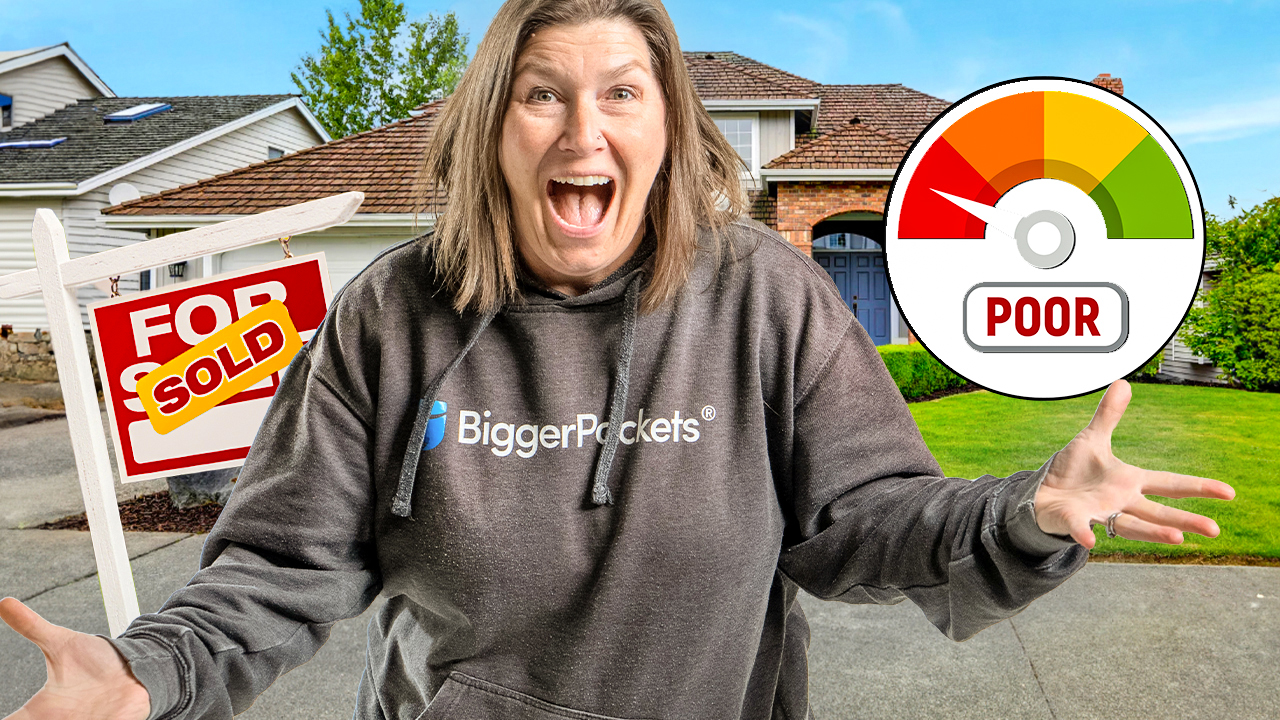Stay informed with free updates
Simply sign up to the World myFT Digest — delivered directly to your inbox.
This article is an on-site version of our FirstFT newsletter. Sign up to our Asia, Europe/Africa or Americas edition to get it sent straight to your inbox every weekday morning
Good morning. We bring you an exclusive story from Davos today as the World Economic Forum’s annual meeting comes to an end.
Private equity executives at the gathering have predicted a sharp increase in takeover activity as buyout firms that have held on to investments in the hope of higher prices finally begin to capitulate.
There has been a marked drop in private equity groups selling portfolio companies since a peak in 2021, as rising interest rates have made financing more difficult and hurt valuations.
Investors in buyout funds have begun to increase pressure on groups to sell long-held investments and start returning cash, however, forcing them to reckon with lower prices and lock in returns.
“Sellers have conceded to lower valuations and the pressure to meet a certain return on investment is ticking,” said Pete Stavros, co-head of global private equity at KKR. Here’s what other dealmakers, including those from Goldman Sachs and CVC Capital Partners, told the the Financial Times.
-
Davos ends: Artificial intelligence has dominated the week’s discussions, with one French AI start-up in particular generating interest among business leaders. As the World Economic Forum’s annual gathering comes to a close, check out the FT’s Davos Daily Shows from the past week, available here.
And here’s what else I’m watching today and over the weekend:
-
Economic data: Germany reports December producer inflation today, the UK has retail sales figures for the same month and the University of Michigan publishes results from its US consumer sentiment survey.
-
Companies: Deliveroo has a trading update today, while State Street reports fourth-quarter results.
-
Vladimir Lenin: Sunday marks 100 years since the death of the Russian revolutionary leader.
How well did you keep up with the news this week? Take our quiz.
Five more top stories
1. Exclusive: Brussels is exploring ways to unlock more than €100bn in EU funding for Poland even if the country’s president vetoes Donald Tusk’s judicial reforms. The Polish government needs to meet EU milestones related to judicial independence to access the funds, but Andrzej Duda has already blocked other reforms put forward by the new government in an escalating row with Premier Tusk. Read the full story.
2. The UK chancellor has signalled he wants to cut taxes further in the coming months and left open the possibility of holding two Budgets ahead of this year’s general election. Jeremy Hunt said yesterday that he did not yet have the forecasts needed to frame his March Budget, but he believed low-tax economies were “more dynamic and more competitive”. Here’s more from his remarks at Davos.
3. Tata Steel plans to lay off about 2,800 workers as part of a major restructuring of its UK operations. The company’s Indian owners told trade union leaders yesterday that they would push ahead with the closure of two blast furnaces at its Port Talbot plant in south Wales, the UK’s largest steelworks, by the end of this year. Here’s more on the blow to what was once one of Britain’s biggest industries.
4. Congress has passed a short-term spending bill to avert a partial US government shutdown, giving Capitol Hill leaders more time to work out a more permanent funding solution and freeing up lawmakers to focus on more contentious negotiations over aid to Ukraine. The bill will now go to President Joe Biden for his signature. Here’s how long the temporary reprieve will last.
5. JPMorgan Chase paid longtime chief Jamie Dimon a record $36mn last year, up about 4 per cent from the previous year. The pay increase for Dimon, who has led the lender since the end of 2005, comes after a year in which the US bank reported record profits of almost $50bn and was significantly more profitable than its peers.
The Big Read
“The situation is deplorable,” said a Ukrainian soldier serving on the front lines. The damning assessment reflects the military’s dimming prospects as the second anniversary of Russia’s all-out invasion nears. Kyiv has abandoned hopes of a swift victory and is instead girding itself for a drawn-out war, with President Volodymyr Zelenskyy declaring last month that “a new phase” had set in. As it moves from an offensive to a defensive posture, here’s how Ukraine plans to survive 2024.
We’re also reading . . .
-
Ghana politics: Despite being well-known to Ghanaians, freewheeling businessman Nana Kwame Bediako decided to launch his presidential bid disguised behind a mask. Here’s why.
-
Jeffrey Epstein: Although they failed to reveal any smoking guns, unsealed papers on the late sex offender’s dealings have provided a long-overdue voice to his victims.
-
Boeing storm: The new head of the US aviation regulator has a fine line to tread between being seen to be tough with the company and ensuring a proper investigative process.
-
Investing: Forget get rich quick, writes Claer Barrett. When it comes to stocks, aiming for consistency will help you get richer slowly.
Chart of the day
A boom in asset prices and the increased prevalence of dementia have contributed to a surge in the number of inheritance disputes heading to court in England and Wales.

Take a break from the news
From a bittersweet nostalgia trip in Alexander Payne’s The Holdovers to Emma Stone starring in the energy-intensive new movie Poor Things, here are the FT’s list of six films to watch this week.

Additional contributions from Benjamin Wilhelm and Gordon Smith
Recommended newsletters for you
Working It — Everything you need to get ahead at work, in your inbox every Wednesday. Sign up here
One Must-Read — The one piece of journalism you should read today. Sign up here















